If you're planning a motorcycle road trip, you already know the freedom of the open road. But what happens when your bike breaks down halfway through the Rockies, or you get hit by a car in rural Montana? Or worse-what if you have to cancel your entire trip because someone in your family gets sick? That’s where motorcycle travel insurance comes in. Not all policies are created equal. Many riders assume their regular health insurance or credit card protection is enough. It’s not. And skipping proper coverage could cost you thousands-or worse.
Why Motorcycle Travel Insurance Is Different
Standard travel insurance often treats motorcycles like regular vehicles-or ignores them entirely. If you’re riding a Harley-Davidson through the Pacific Coast Highway or a BMW GS across the Alps, you need coverage built for two wheels. Most basic plans won’t cover you if you’re injured while riding off-road, if your bike is stolen during a stop, or if you’re stranded because of a mechanical failure. Motorcycle-specific policies fill those gaps.
Take trip cancellation. If you booked a two-week tour of New Mexico and your mom has a heart attack two days before departure, you lose your non-refundable hotel deposits, tour fees, and flight costs. A good motorcycle travel insurance plan reimburses those expenses. But only if it includes trip cancellation coverage-and many don’t. You have to ask for it.
Trip Cancellation Coverage: What You Really Get
Trip cancellation coverage pays back your prepaid, non-refundable expenses if you have to cancel your trip for a covered reason. Covered reasons aren’t vague. They’re specific. Here’s what typically qualifies:
- Serious illness or injury to you, a traveling companion, or an immediate family member
- Death of a family member
- Being called for jury duty or military service
- Weather-related travel bans or natural disasters at your destination
- Travel supplier bankruptcy (like a tour operator going out of business)
Some policies cap reimbursement at $5,000 to $10,000. Others go up to $15,000. Always check the limit. If your trip cost $8,000 and your policy only covers $5,000, you’re out $3,000. Also, make sure the policy covers motorcycle-specific expenses-like rental bike deposits, guided tour fees, or specialized gear you bought for the trip. Not all plans do.
Pro tip: Buy your insurance within 14 days of booking your trip. Many providers offer a “pre-existing condition waiver” if you do. That means if you have a chronic back issue or high blood pressure, you’re still covered if it flares up and forces you to cancel. Without this waiver, you’re on your own.
Medical Coverage for Riders: More Than Just Health Insurance
Your domestic health plan might cover you in the U.S., but what about when you’re in Canada, Mexico, or Europe? Most U.S. health insurance doesn’t pay overseas. Even if it does, you’ll likely pay 80% out-of-pocket. That’s where medical coverage in motorcycle travel insurance kicks in.
A solid plan includes:
- Emergency medical evacuation to the nearest hospital
- Repatriation if you need to be flown home for treatment
- Accidental death and dismemberment benefits
- Emergency dental care for trauma
- 24/7 multilingual assistance
Some riders assume their motorcycle insurance covers medical costs. It doesn’t. Motorcycle liability insurance pays for damage you cause to others. It doesn’t pay for your broken collarbone or the helicopter ride out of the desert. That’s why you need travel medical coverage-separate from your bike’s insurance.
One rider in Colorado crashed on a dirt trail, broke two ribs, and needed a medevac to a trauma center. His health insurance covered $12,000 of the $28,000 bill. His motorcycle travel insurance paid the remaining $16,000. Without it, he’d have been stuck with a debt he couldn’t afford.
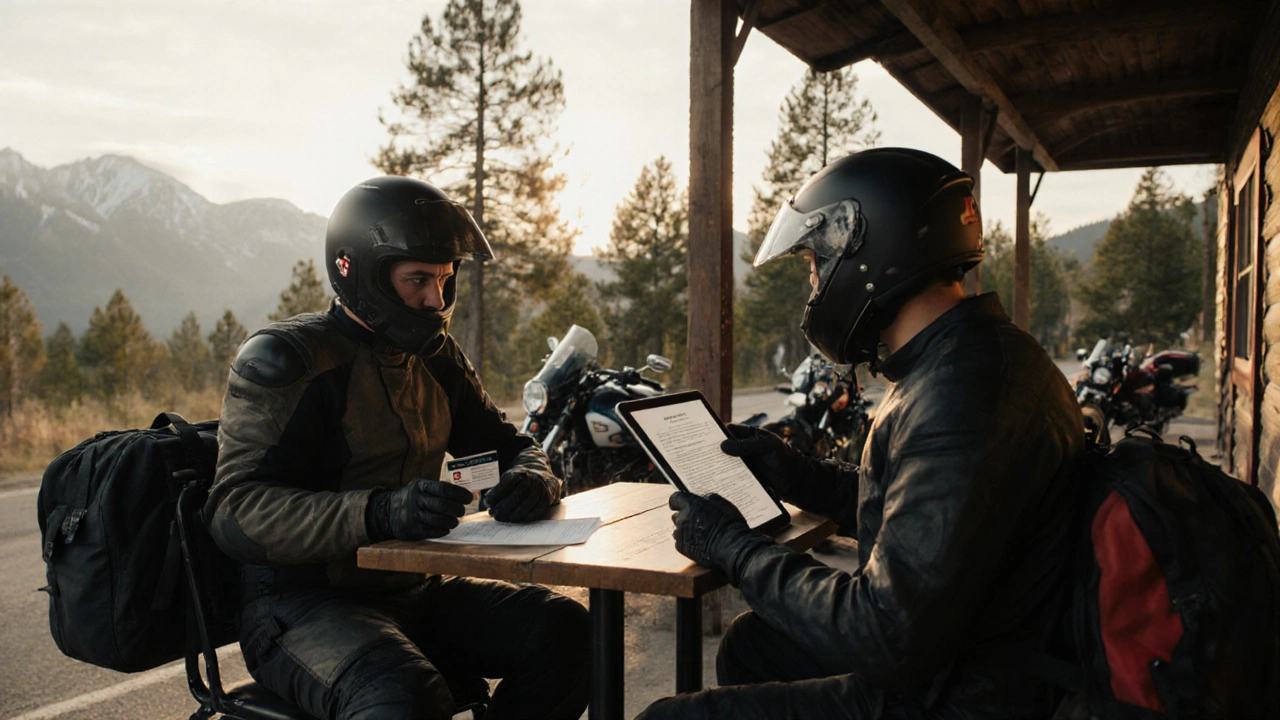
What’s Usually Missing-and Why It Matters
Most budget travel insurance plans for riders cut corners. Here’s what they often leave out:
- Off-road riding coverage
- Loss of personal gear (helmet, riding suit, GPS)
- Emergency roadside assistance for motorcycles
- Coverage for rental bikes
- Delayed baggage reimbursement
If you ride dirt trails, gravel roads, or backcountry routes-even occasionally-you need off-road coverage. Most policies only cover paved roads. If you get hurt on a trail and your policy doesn’t include off-road, you’re denied. Same with gear. A high-end helmet or heated riding suit can cost $1,000+. If your bag gets stolen from your bike while you’re eating lunch, will your policy replace it? Only if you chose the right one.
Roadside assistance is another hidden gap. If your bike dies in the middle of nowhere, you need a tow truck that knows how to handle a 600-pound motorcycle-not a regular car tow. Some plans offer this. Others don’t. Always ask: “Do you have motorcycle-specific towing?”
How to Choose the Right Policy
Don’t just pick the cheapest. Look for these five things:
- Clear definition of covered reasons for trip cancellation
- Medical coverage limit of at least $100,000 (higher is better)
- Off-road and rental bike coverage
- Emergency evacuation included
- 24/7 assistance with real people-not bots
Compare providers like Allianz, World Nomads, and Travelex. Allianz offers solid medical coverage and good cancellation terms. World Nomads is popular with adventure riders because it includes off-road and gear loss. Travelex has flexible add-ons, like rental bike coverage. Read the fine print. Don’t trust marketing claims. Look for the section titled “Exclusions.” That’s where the truth hides.

Real-World Scenarios That Prove It’s Worth It
Two riders from Texas planned a 3,000-mile trip to Alaska. One developed appendicitis two days before departure. Their insurance covered $7,200 in lost deposits and paid for emergency surgery. They got a full refund.
A couple from Oregon hit a patch of black ice in Idaho. Their bike slid into a guardrail. Both were injured. Their policy paid for ambulance transport, hospital stays, and flew them home after a week. They didn’t owe a dime.
A solo rider in Montana lost his backpack with his passport, wallet, and $2,000 in gear during a rest stop. His policy replaced everything. He kept riding.
These aren’t rare. They’re common. And they happen every year.
When You Don’t Need It
There are times when you can skip it. If you’re doing a weekend ride within 100 miles of home, and you’re not spending money on non-refundable bookings, the risk is low. If you’re just cruising local backroads and have full health coverage, you might be fine. But if you’re flying somewhere, booking hotels in advance, renting a bike, or spending over $2,000 on the trip-get insurance. It’s not expensive. A basic plan for a two-week trip costs $100-$200. That’s less than one night in a good hotel.
Think of it like a helmet. You don’t wear it because you think you’ll crash. You wear it because if you do, you’re glad you had it.
Does my credit card’s travel insurance cover motorcycle trips?
Maybe, but rarely fully. Most credit card policies exclude motorcycles, especially if you’re riding off-road or renting a bike. They also often cap medical coverage at $25,000 and don’t include emergency evacuation. Always call your card issuer and ask for the exact policy wording before assuming you’re covered.
Can I buy motorcycle travel insurance after I’ve already left on my trip?
No. Most providers require you to buy coverage before your departure date. Once you’re on the road, you’re considered “already traveling,” and policies won’t activate. Some offer limited coverage for trip interruptions, but not cancellations or medical emergencies that occurred before purchase.
Does motorcycle travel insurance cover my bike if it’s stolen?
Usually not. Theft of the motorcycle itself is covered by your motorcycle insurance policy, not travel insurance. Travel insurance covers your personal belongings-like luggage, electronics, and riding gear-if they’re stolen from your bike or hotel room.
What if I need to extend my trip because of a medical issue?
Good policies include trip extension coverage. If you’re hospitalized or your doctor says you can’t fly home, they’ll pay for extra hotel nights and return flights. Check the limit-some cap it at $1,000, others at $5,000. Make sure it’s included before you buy.
Is trip cancellation coverage worth it if I’m traveling locally?
Only if you’ve paid for non-refundable bookings. If you’re camping free and riding your own bike without prepaying anything, you probably don’t need it. But if you booked a guided tour, rented gear, or paid for a hotel in advance-even a $300 deposit-it’s worth protecting. A $150 policy can save you $1,000+.
Don’t wait until you’re stranded to realize you didn’t plan for the worst. Motorcycle travel insurance isn’t about fear-it’s about freedom. It lets you ride farther, stay longer, and know that if something goes wrong, you’re not alone. Get the right coverage. Then go ride.
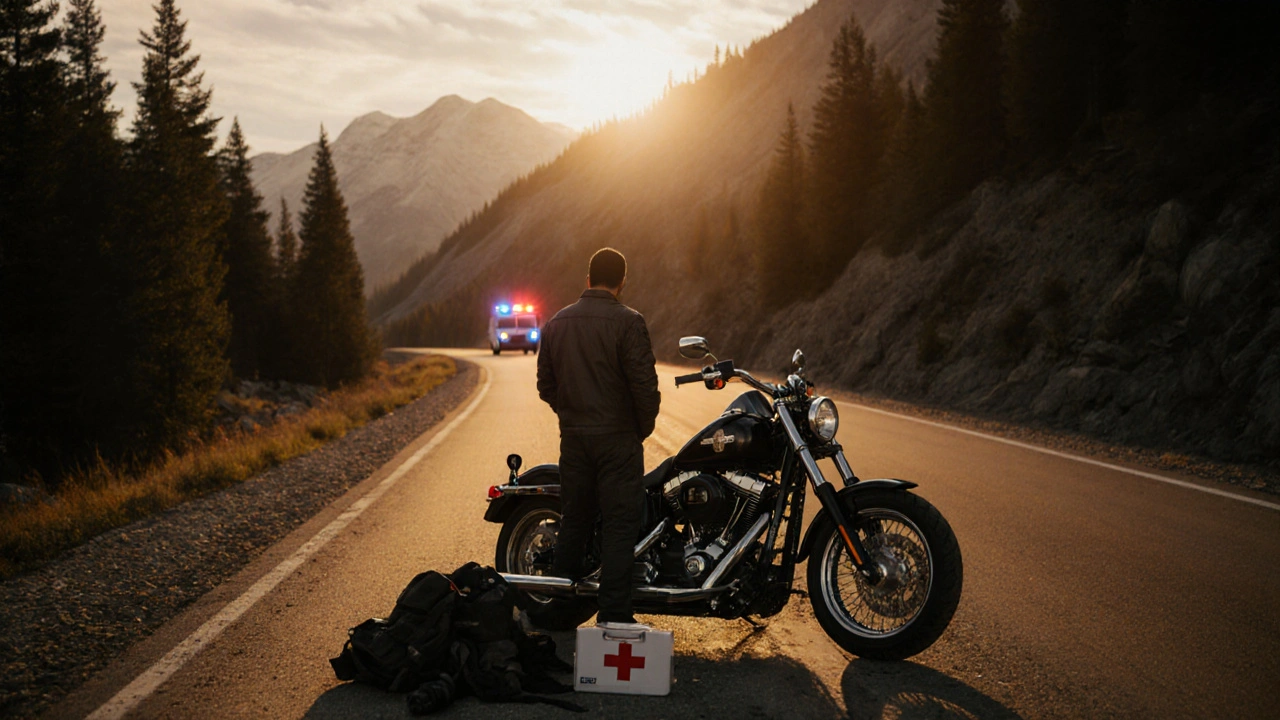
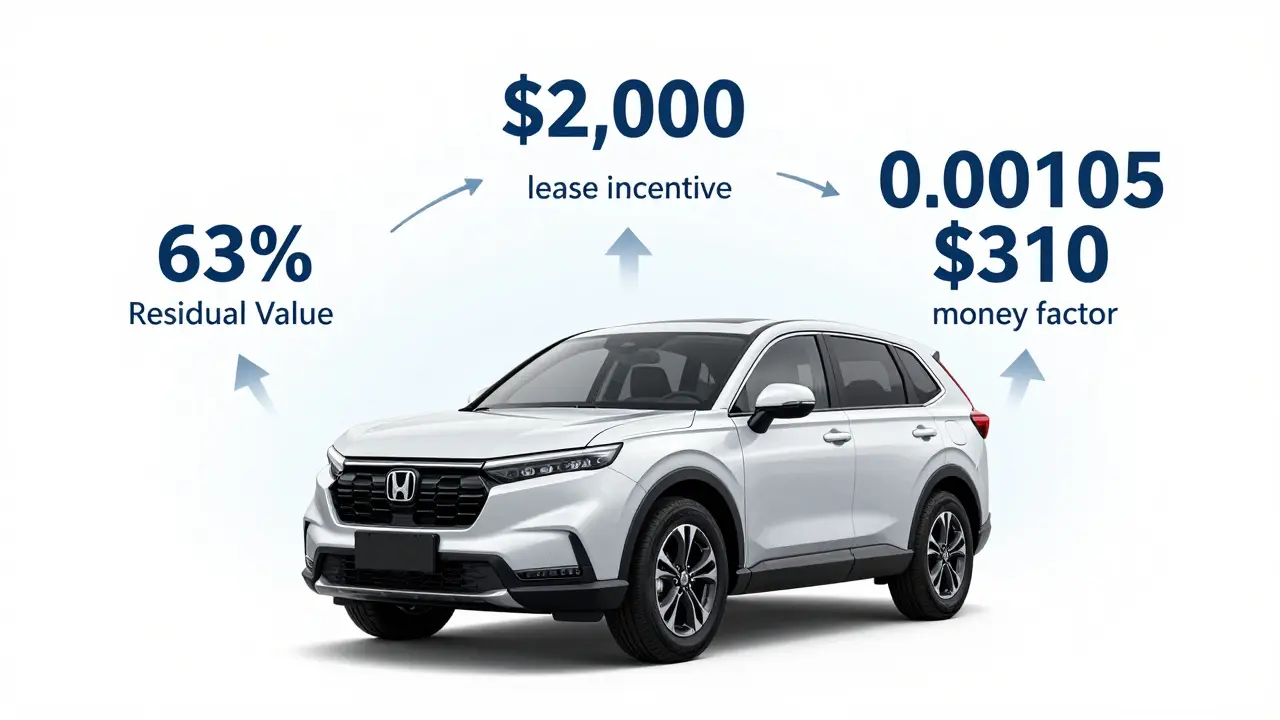
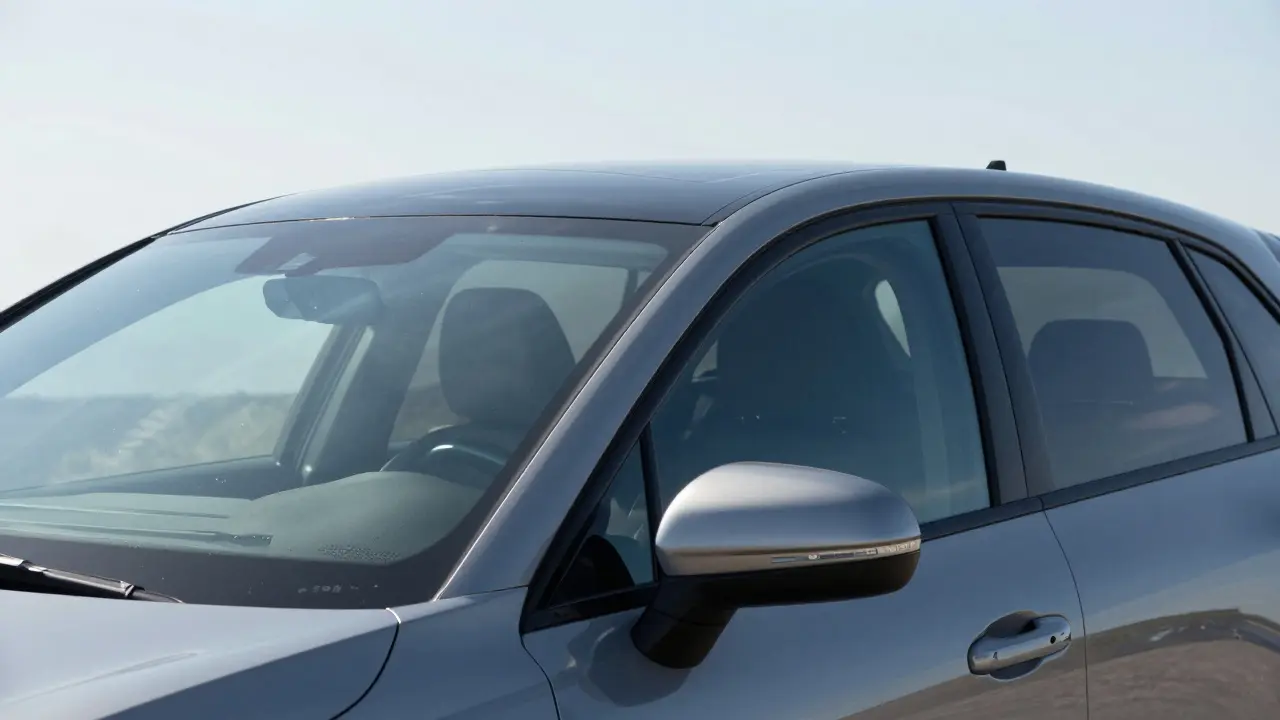
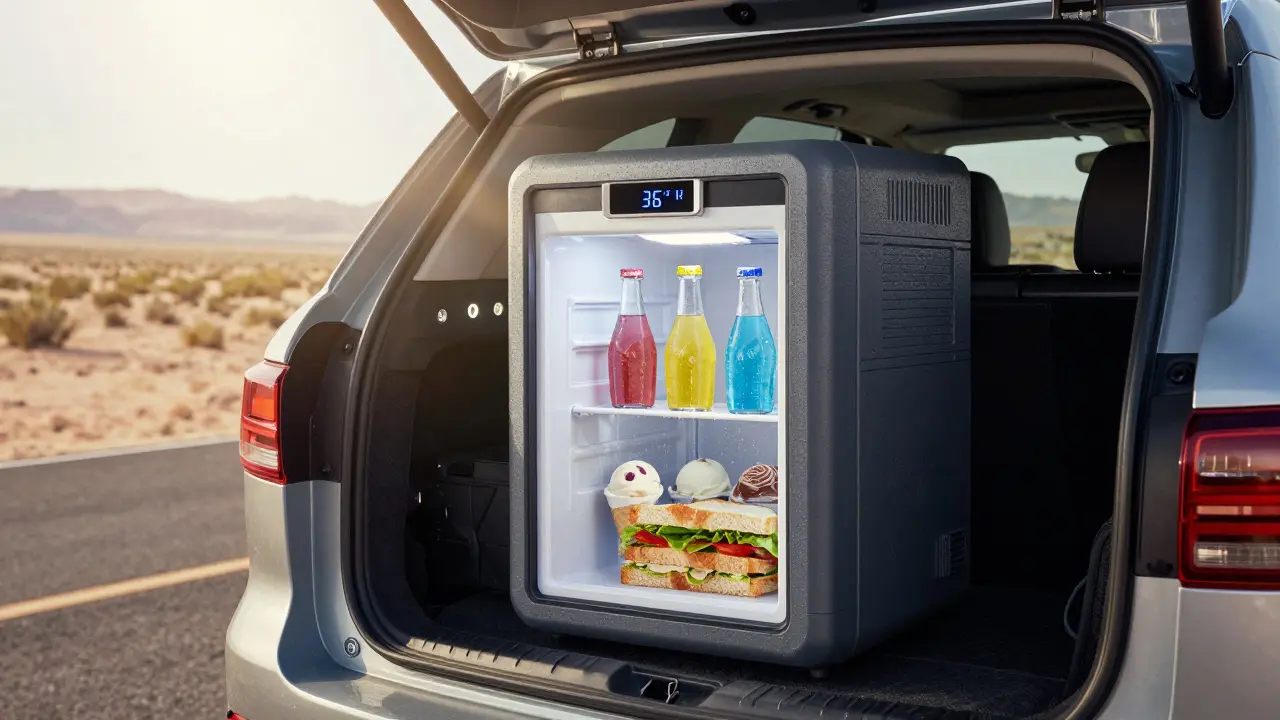
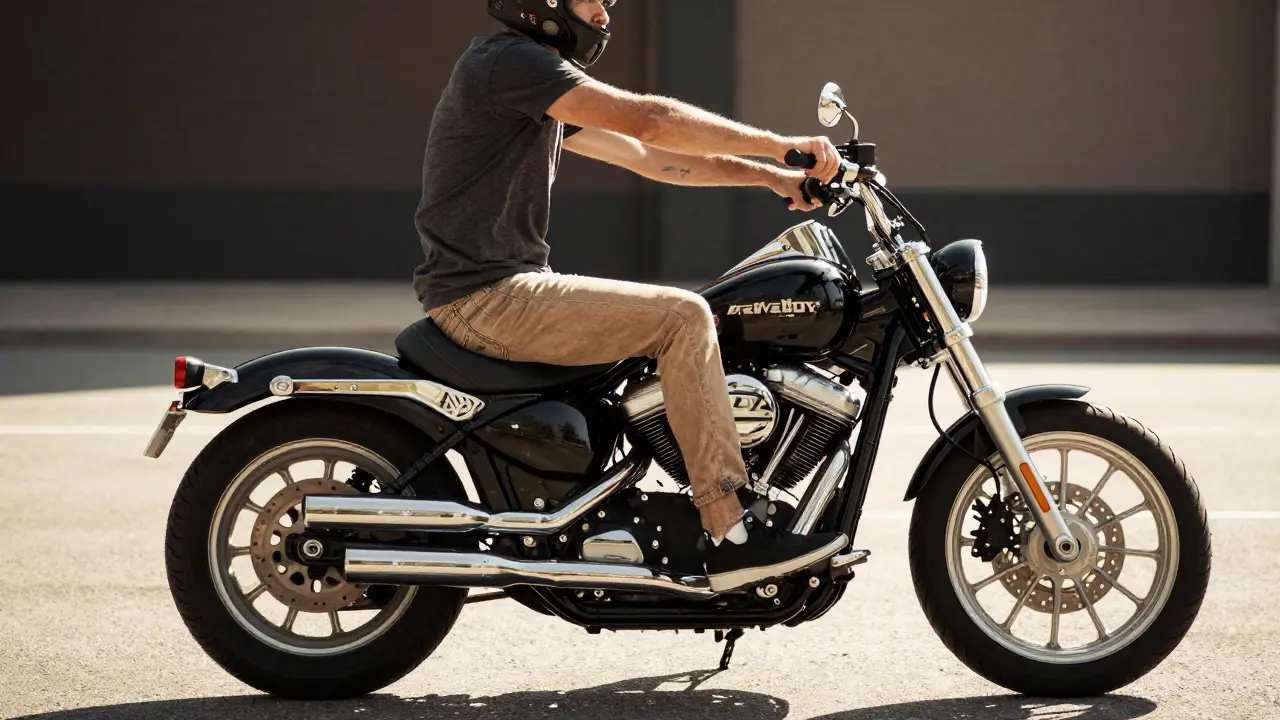
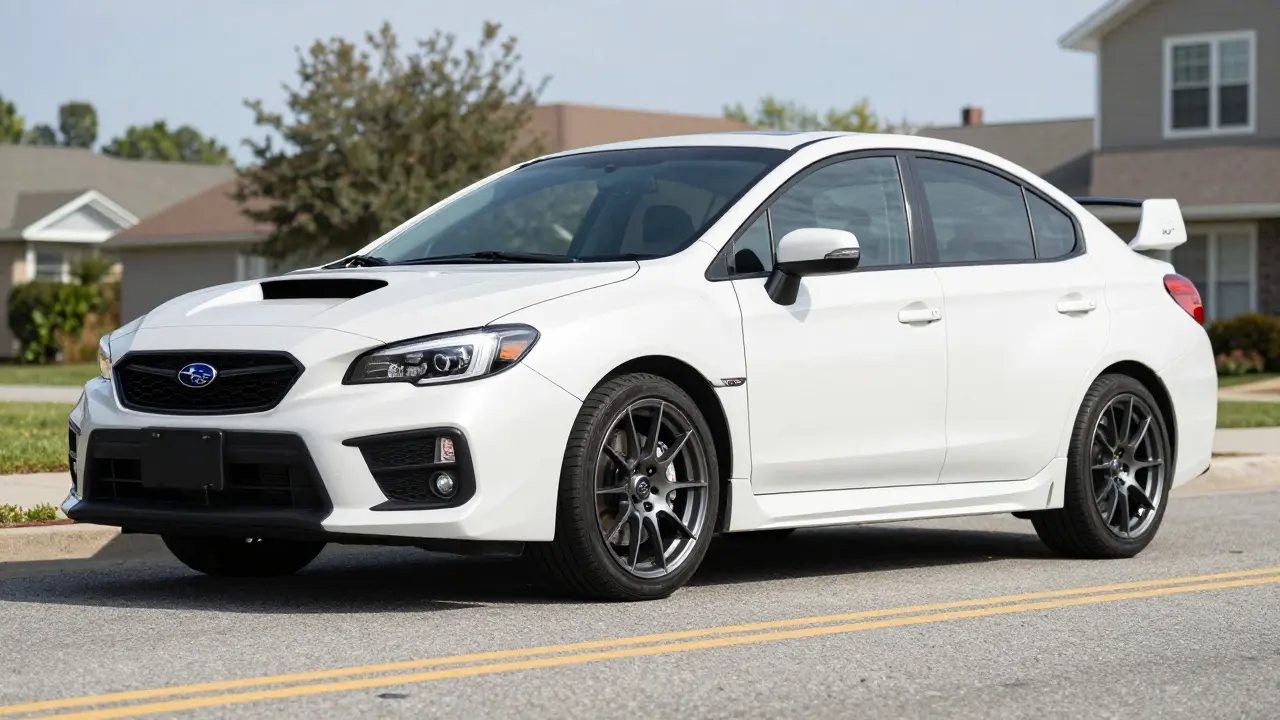
kelvin kind
November 5, 2025 AT 15:41Just bought my first bike last month and this post saved me from making a huge mistake. Thanks for laying it out so clearly.
Ian Cassidy
November 6, 2025 AT 01:07Medical evacuation coverage is non-negotiable. I’ve seen guys get stranded in the desert with a broken collarbone and no cash. No one’s coming to save you unless you’ve got the right policy.
Fred Edwords
November 6, 2025 AT 19:05I appreciate the specificity here-especially the note about buying within 14 days for the pre-existing condition waiver. So many people overlook this, then panic when their chronic back pain flares up two days before departure. Also, ‘motorcycle-specific expenses’-yes! I paid $800 for a custom touring suit last year; my policy didn’t cover it until I upgraded to the premium tier. Always read the exclusions.
And don’t assume your credit card’s ‘travel protection’ includes off-road riding. Mine didn’t-until I called and demanded the actual policy document. They sent me a PDF with 17 pages of tiny print. The word ‘motorcycle’ appeared exactly once, in a footnote.
Pro tip: Save screenshots of your booking confirmations, receipts for gear, and itinerary. I lost a $1,200 rental deposit in Utah because I didn’t document the bike’s condition before pickup. Insurance denied it. I cried for three days.
Also, World Nomads is the only one that covered my stolen helmet. Allianz said ‘personal effects’ only applied to luggage. My helmet was attached to the bike. So, not luggage. So, not covered. Ridiculous.
And yes-emergency roadside assistance for motorcycles is rare. I once had to pay $350 for a tow truck who had to lift my 650-pound GS with a winch. No one else would do it. Always confirm: ‘Do you have motorcycle-specific towing?’ If they hesitate, walk away.
Don’t be that guy who thinks ‘I’m fine’ and ends up owing $20K after a minor crash. This isn’t fear-mongering. It’s financial hygiene.
Sarah McWhirter
November 8, 2025 AT 05:34Have you ever wondered why every single insurance company has the exact same list of covered reasons? Coincidence? Or did they all get together in a secret room and agree to make it impossible to claim? I mean, ‘natural disasters at your destination’-but only if it’s declared by the U.S. State Department, which takes 72 hours, and by then your flight’s already gone. And ‘travel supplier bankruptcy’-except if they’re owned by a subsidiary of a company with more than $50M in assets. Which they all are. Ha. I’m not buying insurance. I’m buying a lottery ticket with worse odds.
And don’t get me started on ‘emergency evacuation.’ Who’s actually going to fly a helicopter into the Rockies for a broken rib? That’s a $15K expense. They’ll make you drive to the nearest town and hope you don’t bleed out. They’ll say ‘we covered it’ because they paid $500 for a rental car to take you to a clinic. That’s not evacuation. That’s a Lyft.
And the ‘pre-existing condition waiver’? Only if you didn’t take a pill in the last 10 years. My blood pressure meds? Excluded. My knee from that 2017 crash? Excluded. My anxiety about riding? Totally covered. Because apparently, fear of death is a ‘covered reason.’
They’re not protecting you. They’re protecting their bottom line. And you’re just the sucker who thinks you’re being smart.
Ananya Sharma
November 8, 2025 AT 22:45Let me just say, as someone who has spent 12 years studying the socio-economic implications of consumer risk behavior in adventure tourism, this entire post is dangerously oversimplified. You assume that all riders are rational actors with disposable income, which is a fundamental flaw in your economic modeling. Most riders in the U.S. are underinsured, underemployed, and financially vulnerable-yet you encourage them to spend $200 on a policy that will, statistically, pay out less than 8% of the time based on 2023 industry claims data from the Insurance Information Institute. Furthermore, your endorsement of World Nomads ignores the fact that their underwriting practices are opaque and their claims processing is notoriously slow, with an average turnaround time of 47 days, which is unacceptable for travelers who need liquidity in crisis. Additionally, your assertion that ‘motorcycle-specific policies fill those gaps’ is misleading, because in reality, most of these policies merely repackage existing travel insurance with minor exclusions removed, while inflating premiums by 40-60%. And let’s not forget the environmental cost of helicopter evacuations-each one emits approximately 1.2 metric tons of CO2. Are you really advocating for carbon-intensive rescue operations for the sake of personal financial convenience? The moral calculus here is deeply flawed. You’re not promoting freedom-you’re promoting consumerist delusion wrapped in a leather jacket.
Zach Beggs
November 9, 2025 AT 21:48My buddy got hit by a deer in Wyoming. No one else was around. His insurance paid for the medevac, hospital, and even replaced his torn riding pants. Worth every penny.
Kenny Stockman
November 10, 2025 AT 08:06Hey, if you’re reading this and thinking ‘I’ll just wing it,’ I get it. I used to think that too. But here’s the thing: you don’t need to be scared. You just need to be smart. Insurance isn’t about expecting the worst-it’s about making sure the worst doesn’t ruin you. I’ve been riding for 15 years. I’ve had flat tires in the middle of nowhere, a stolen helmet in a parking lot, and a canceled trip because my sister had surgery. I didn’t lose a dime. That peace of mind? Priceless. Just don’t wait until you’re in a hospital to figure it out. Grab a policy. Do it now. You’ll thank yourself later.
Antonio Hunter
November 12, 2025 AT 03:35I’ve spent the last decade working with international travelers who’ve been stranded abroad after accidents, and I’ve seen the human cost of skipping coverage. It’s not just about money-it’s about dignity. Imagine being in a foreign hospital, unable to communicate, with no one to call, no funds to cover care, and no one to arrange your return home. That’s not a hypothetical. It happens every week. Motorcycle travel insurance isn’t just a policy-it’s a lifeline. And the emotional toll on families when a rider is left without support? It’s devastating. I’ve counseled mothers who lost their sons because they thought ‘health insurance was enough.’ It’s not. I urge everyone: don’t gamble with your safety. The cost of a policy is negligible compared to the cost of regret. Take the time to compare. Read the fine print. Ask questions. And if you’re unsure, reach out to someone who’s been there. You’re not alone.
Paritosh Bhagat
November 12, 2025 AT 12:58Wow, this post is sooo refreshing. Finally, someone who understands that insurance companies are just corporate vampires preying on the naive. But wait-I have a question. Why are you telling people to buy insurance? Isn’t that just feeding the machine? I mean, if you really care about freedom, you shouldn’t need a piece of paper to justify your ride. Why are we so obsessed with control? Why do we need to be protected from every possible outcome? Life isn’t a spreadsheet. It’s a journey. And if you crash, you crash. If you get sick, you get sick. You don’t need a 10-page PDF to tell you how to live. You just need courage. And maybe a good helmet. And a strong heart. And a willingness to accept that not everything can be insured. Maybe the real risk isn’t the crash-it’s the belief that you can buy your way out of life’s unpredictability.
Also, I’m pretty sure your ‘pre-existing condition waiver’ is a scam. I looked up Allianz’s policy in 2021 and found a hidden clause buried in Section 7.3b that voids coverage if you’ve ever taken an NSAID in the last 5 years. I bet they changed it. But the pattern remains. They want you to feel safe so you’ll pay more. Don’t be fooled.
Ben De Keersmaecker
November 14, 2025 AT 12:32Interesting how the post frames insurance as ‘freedom’-but freedom from what? From consequences? From responsibility? I’ve traveled across 17 countries on two wheels, and I’ve never bought travel insurance. I’ve had a broken wrist in Nepal, a stolen pannier in Morocco, and a flat in the Atacama. I paid out of pocket each time. And you know what? I learned more from those moments than any policy could teach me. Insurance doesn’t make you free-it makes you dependent. On corporations. On paperwork. On bureaucracy. Real freedom is being able to handle the mess on your own. That’s the real ride.
That said-your point about credit card coverage is spot on. I once relied on my Amex and got denied because ‘motorcycle use’ was excluded in the fine print. Lesson learned: never assume. Always ask for the document. Always read it. But don’t mistake protection for empowerment.
Aaron Elliott
November 16, 2025 AT 04:25While the post presents a superficially compelling argument for the acquisition of motorcycle travel insurance, it fundamentally misconstrues the epistemological foundations of risk mitigation. The implicit assumption-that financial loss is the primary existential threat to the motorcyclist-is a reductive anthropological fallacy. The true existential risk lies not in the financial consequences of mechanical failure or medical emergency, but in the ontological vulnerability of the rider’s perceived autonomy. Insurance, in this context, functions as a symbolic artifact of late-capitalist alienation: a ritualistic appeasement of systemic precarity, masquerading as agency. Furthermore, the endorsement of commercial entities such as World Nomads and Allianz constitutes a tacit legitimization of corporate hegemony over personal sovereignty. One must ask: if the rider requires institutional validation to traverse the open road, has the rider not already surrendered the very freedom the post purports to defend? The helmet, at least, is a tangible object. This policy? Merely a contractual illusion.
Chris Heffron
November 17, 2025 AT 20:30Yessss! This is so true!! 😊 I bought mine last year and it saved me when my bike broke down in Oregon. They sent a tow truck that actually knew how to handle a BMW! 🏍️💯
Ronak Khandelwal
November 19, 2025 AT 14:27Every rider deserves to ride without fear. 🌍❤️ This isn’t about being scared-it’s about being prepared. I’ve seen friends lose everything because they thought ‘it won’t happen to me.’ Spoiler: it does. Get the policy. Protect your gear. Protect your peace. You’ve earned the ride. Don’t let a paperwork gap steal it. You got this! 🛵✨
Jeff Napier
November 21, 2025 AT 02:13Insurance is a scam. The government and big insurance companies made up all these rules so you’d pay more. They don’t care if you die in the desert. They just want your money. I ride without it. I’m free. And I’m not afraid of death. You should be.
Sibusiso Ernest Masilela
November 21, 2025 AT 21:01How is it possible that anyone still believes in this consumerist fairy tale? You’re not a rider-you’re a liability. You’re not ‘free’-you’re a walking insurance claim. You think you’re brave? You’re just naive. Real riders don’t need policies. They need grit. And a functioning spine. If you can’t handle a flat tire without a 15-page form, maybe you should stick to riding a Vespa in a parking lot.
Fred Edwords
November 23, 2025 AT 20:45Actually, Jeff, I’ve ridden without insurance for five years. I got hit by a truck in Nevada. Broke three ribs, spent $18,000 out of pocket, and still have a metal plate in my pelvis. I’m not ‘free.’ I’m bankrupt. And I’m not proud. I wish I’d listened to this post. Don’t be me.